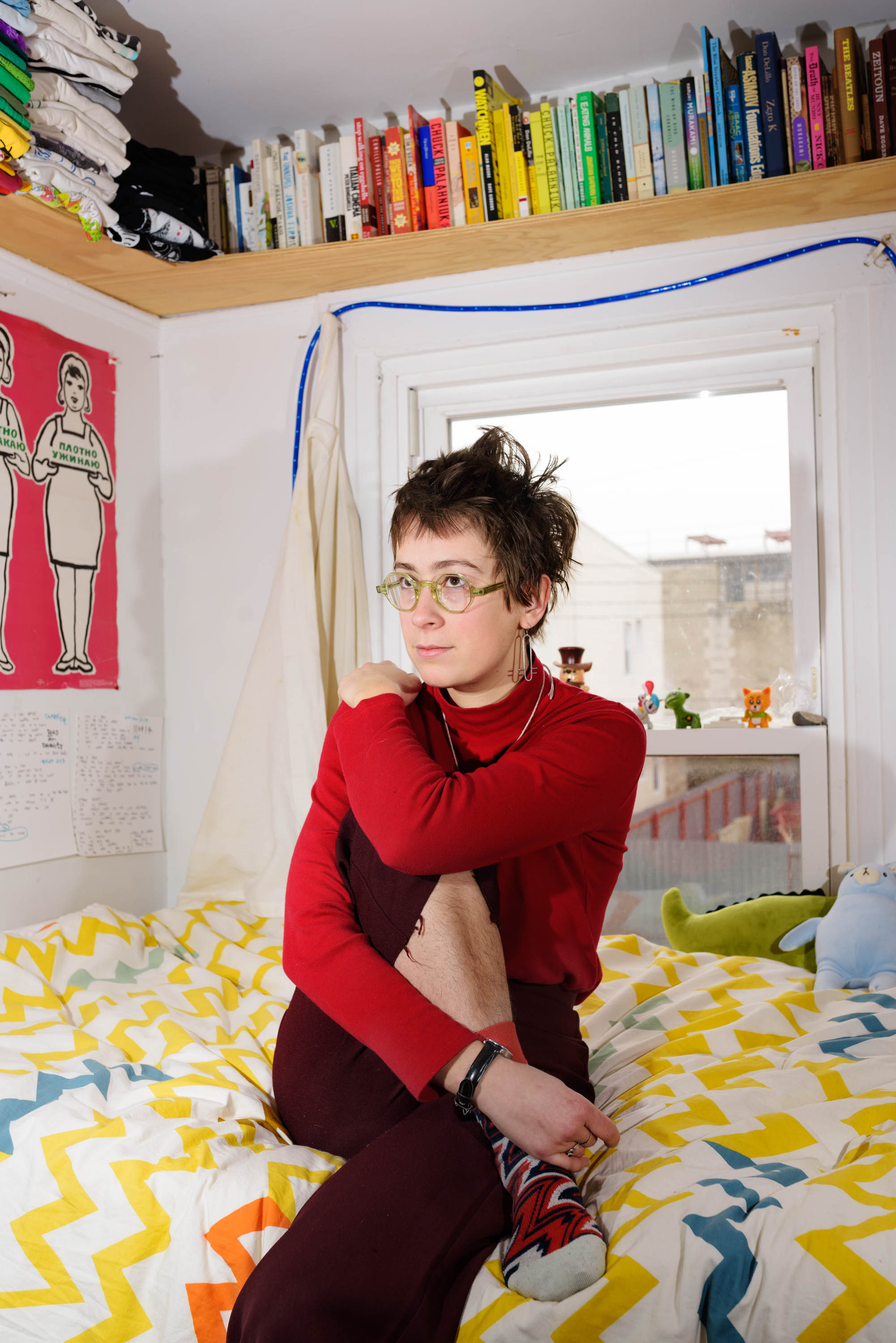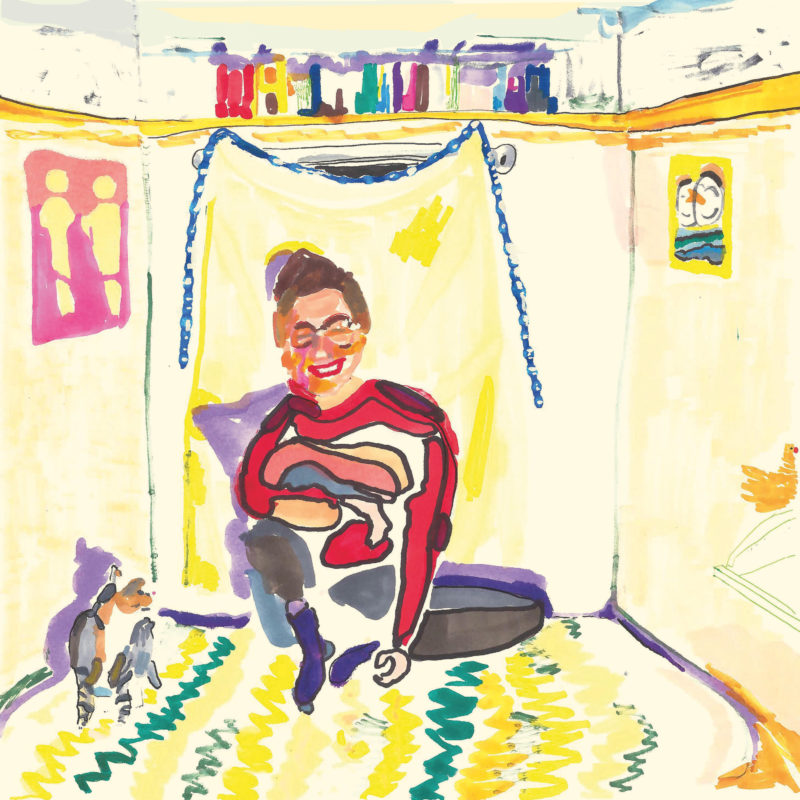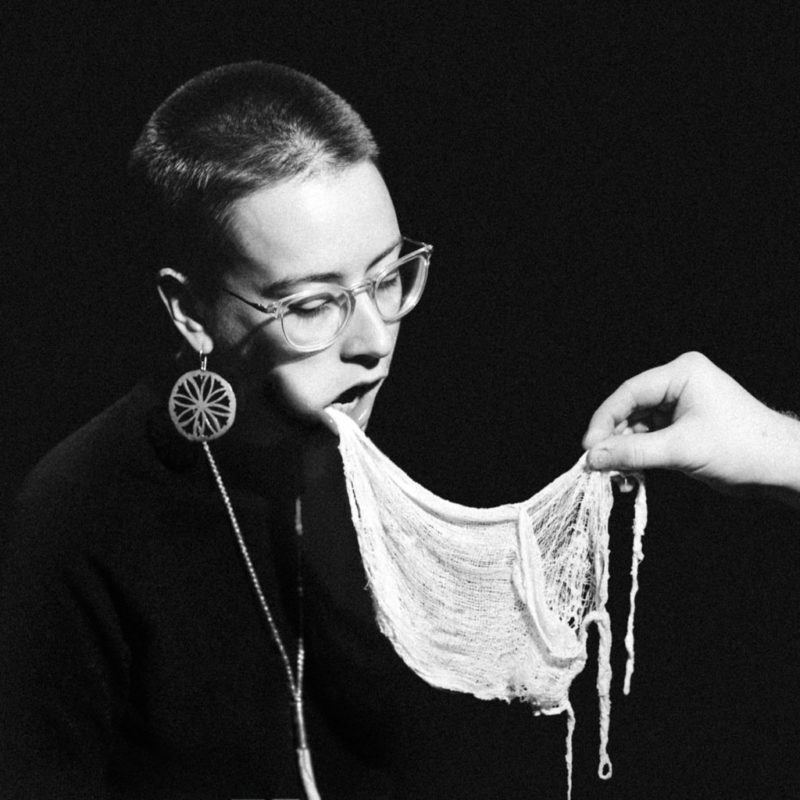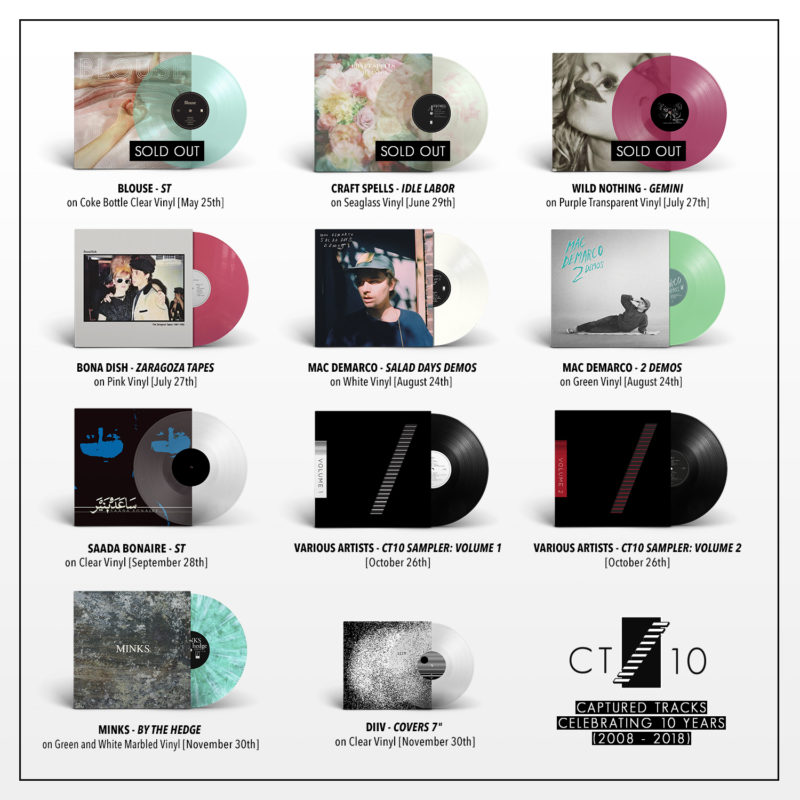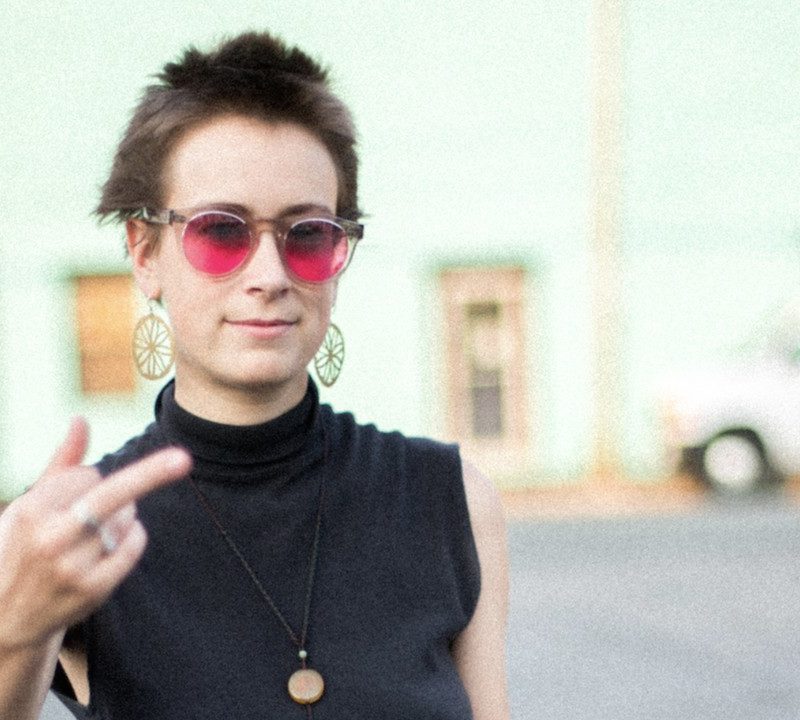Artist Bio:
Free Cell begins in isolation. Lina Tullgren’s guitar picks a delicate, slow-moving melody out of silence. Sweeping strings and brass echo out to some far-away horizon. In this moment, on the title track of Tullgren’s second album, they sound like the only person left in the universe. Fittingly, Free Cell is named after a game of solitaire.
Tullgren (who uses gender neutral pronouns) played the game compulsively while on tour for their first album, 2017’s Won: “Unlike normal solitaire, Free Cell can always be won,” Tullgren explains. “It’s all about organization.” Free Cell, the album, stems from that same quest for order; writing the songs became a way of sorting through emotions before moving on. Every game of solitaire is played alone — and at the end, there’s always a moment when everything snaps into place.
That shift from chaos into clarity is at the heart of Free Cell. Many of its songs were initially written between tours while Tullgren was living in their parents’ house in New England—sans car, alone most of the day, and sleeping in their little sister’s trundle bed. As the album materialized, Tullgren’s world took focus as they made their way from New England to Queens to be closer to their musical community.
Tullgren’s sophomore effort provides listeners with a portrait of Lina alone, discovering a new method of writing and a new way of thinking about composition. This stands in stark contrast to their debut album Won, a portrait of close companionship and collaboration between Tullgren and their best friend Ty Ueda.
The biggest development in the path to Free Cell was something unthinkable: shortly before recording, Ueda was injured in a car crash and Tullgren was unexpectedly put in the position of self-producing their own album, a task they call “terrifying.” “Suddenly I had to stand on my own,” Tullgren says. “I had to be in charge in a very real way.”

